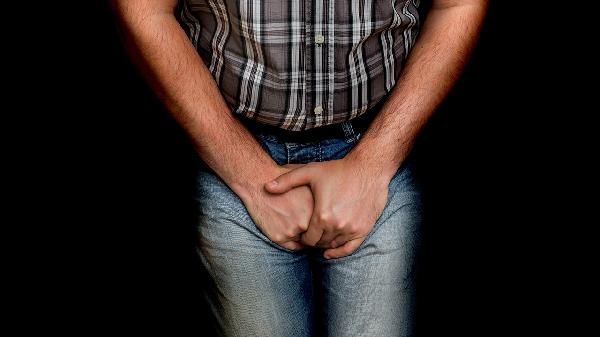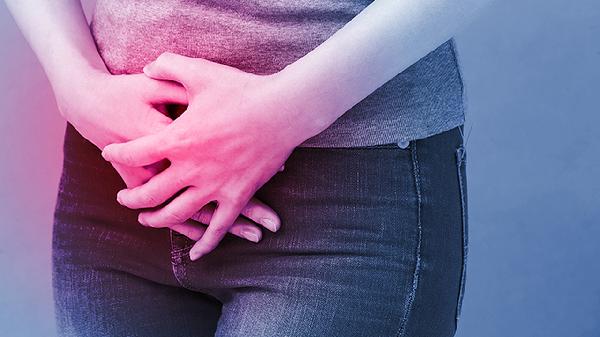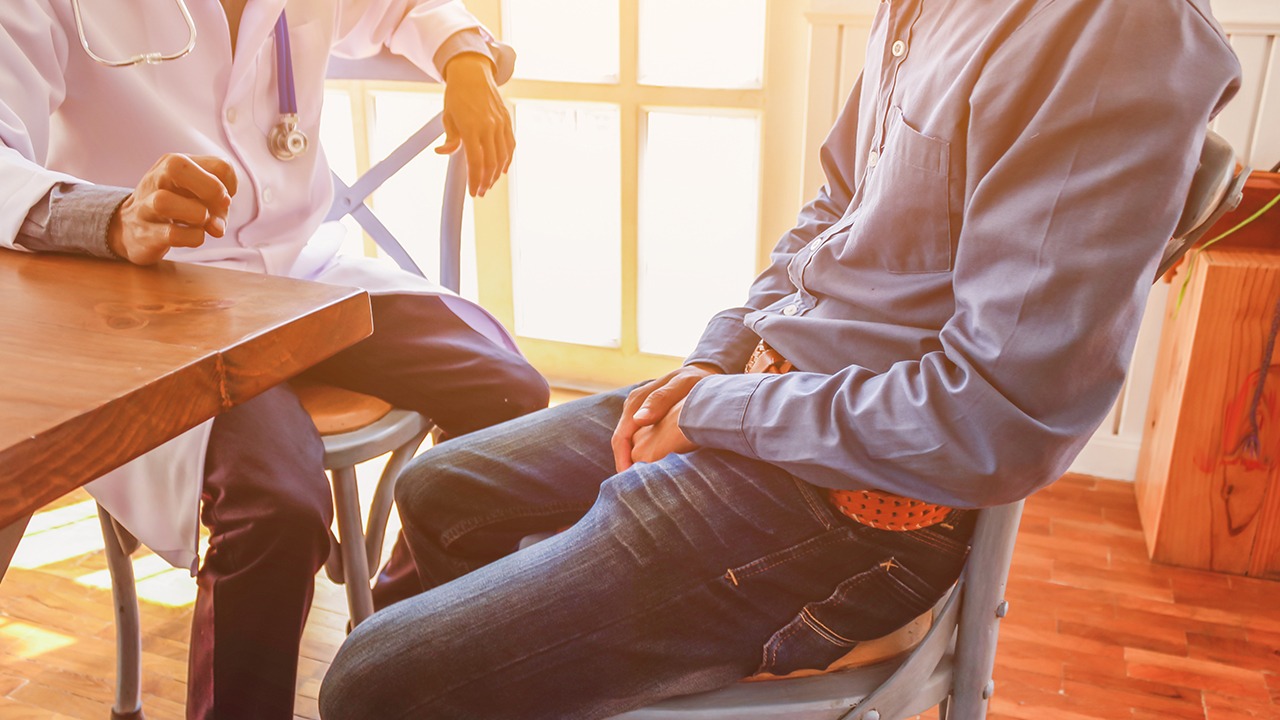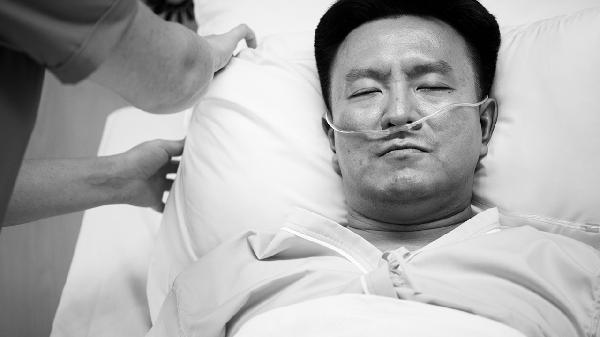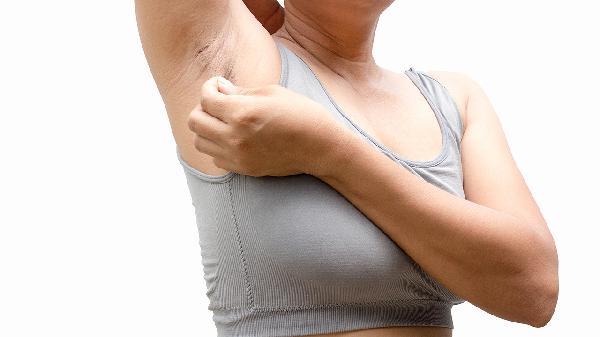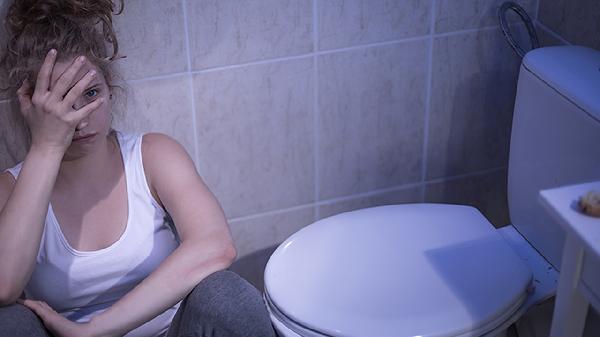Sexually transmitted diseases (STDs) are infectious diseases. The key to managing STDs lies in prevention, eliminating them at the inception during sexual contact. Once infected, it becomes much more complicated to manage and treat, to cut off the source of infection and completely cure the STD. The possibility of a full recovery is uncertain.
How can one prevent contracting STDs?
In sexual relationships, besides maintaining personal hygiene and avoiding inappropriate sexual behaviors to reduce the risk of STDs, it is also necessary to master some "defensive tricks" against STDs, to freely enjoy sexual life.
Avoid sexual intercourse during risky periods
When a partner shows abnormal symptoms, such as unusual discharge, sores or ulcers on the genitals, or is menstruating, it is crucial not to force intercourse for momentary pleasure.
Avoid certain sexual behaviors
Activities like oral or anal sex are not entirely off-limits but should not be frequented without reinforced protective measures to reduce the risk of STDs. For example, anal sex can be more harmful as the rectal lining is a single layer of cells, unlike the multi-layered structure of the vaginal wall, making it more susceptible to tearing and bleeding, thus increasing the risk of infection. Medical statistics worldwide show that male homosexuals, for whom anal sex is a primary method, are 100 times more likely to contract AIDS than the general population.
Therefore, if couples wish to explore new sexual activities, remember to enhance safety measures, such as using condoms during oral and anal sex.
Use barrier methods like condoms
During intercourse, do not forego condoms for the sake of comfort. Besides contraception, condoms can prevent various STDs and are one of the best barriers against them. Most condoms contain lubricants, which can also reduce friction injuries during sex.
Use spermicides
For couples currently practicing contraception, spermicides can also be used. Spermicides not only kill sperm but also inhibit the infection of many STD pathogens, acting as a strong barrier and providing significant protection for female sexual health.
Urinate and clean genitals after intercourse
While not a definitive solution, if one does contract an STD, urinating or washing the genitals immediately after intercourse might reduce the risk, but this is not a guarantee. Evidence suggests that urinating or cleaning the genitals within half an hour post-intercourse might reduce the risk of contracting gonorrhea.
Being prepared is wise, but one shouldn't be overly fearful of sex. Practicing good personal hygiene and mastering some STD "defenses" can make STDs less likely to occur.
Unexpected ways STDs can spread
Ms. Liu, a 45-year-old intellectual with a vibrant personality and diverse interests, recently underwent a routine health check at her workplace where her cervical smear test revealed precancerous changes, likely due to human papillomavirus (HPV) infection. Upon the doctor's explanation that the virus was mostly sexually transmitted, she felt a profound sense of shame, pondering how, given her and her husband’s faithful and cautious lifestyle, she could have contracted such an infection. She feared that her condition was now public knowledge at work and worried about her health and the potential transmission to her child, leading her to feel humiliated and overwhelmed.
STDs can also be transmitted through unclean hands
Clinically, there are many cases similar to Ms. Liu's, where the psychological impact of a genital disease surpasses the physical symptoms.
STDs are diseases that can be spread through sexual activities, but not all patients contract them this way. HPV, a common STD, often shows no symptoms, and many can self-heal through their immune system. Some low-risk infections might lead to genital warts, while high-risk, prolonged infections can lead to cervical cancer. Although sexual contact is the primary route, other methods like unclean hands or unsanitary public baths can also transmit the virus. Epidemiological studies have found that even couples with only one sexual partner might contract HPV. Therefore, while it's beneficial to understand the transmission route to prevent future incidents, it's also crucial not to obsess over it to avoid psychological stress and family discord.
Treating the mental health issue first
The body's immune system is crucial in automatically clearing out viral infections. There's no specific treatment for viruses, but the body's natural resistance plays a significant role. Psychological stress can severely weaken one's immune system.
How to boost one's immunity? Experts recommend:
● Maintain a positive mindset. Don't attach too many social stigmas to the disease and learn to alleviate psychological stress effectively. The disease itself isn't as frightening as the immense psychological burden it may carry. Think of it as just another illness like a cold or fever—proper treatment is all that's needed.
● Face it together as a couple. STDs involve both partners in a relationship. If one partner is diagnosed, both should be checked and, if necessary, treated simultaneously. Open communication and mutual support are essential. If the illness is due to one partner's mistake, it's better to focus on resolving the issue together rather than blaming.
● Learn to protect yourself. Those with active sexual lives should maintain a single partner to minimize infection risks. Women, in particular, should learn to protect themselves through safe sexual practices, such as using condoms every time. Regular health check-ups are also crucial as they can help detect chronic diseases early, allowing for more effective and cost-efficient treatment.


